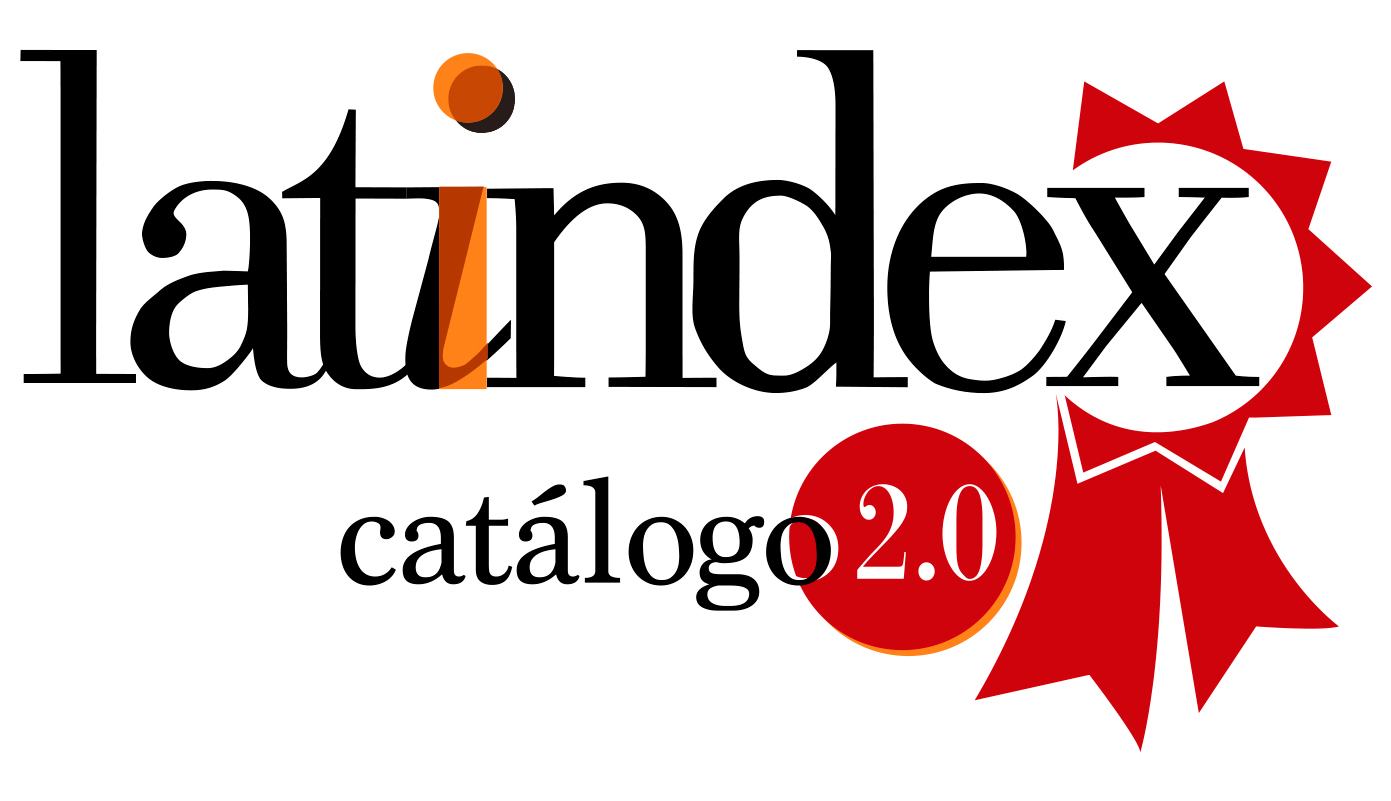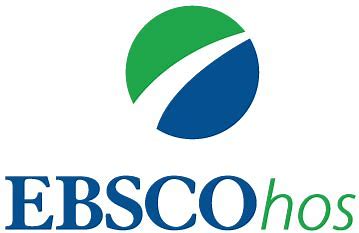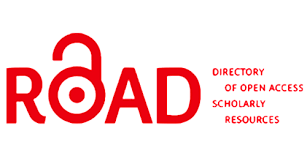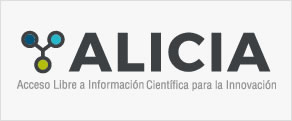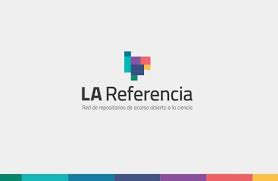ETHICAL STANDARDS
ETHICAL STANDARDS
1.Introduction
Ethics is a fundamental aspect in research and publication of academic works, especially in the legal field, where integrity and transparency are essential. To ensure the quality and credibility of works published in a legal journal, it is necessary to have clear and rigorous ethical standards that guide the conduct of authors, editors, and reviewers.
This set of ethical rules aims to establish the fundamental principles of academic ethics, as well as the responsibilities and obligations of all those involved in the publication process of the journal. These standards are based on international standards of academic integrity and the best practices of renowned academic journals.
Academic ethics is a shared responsibility among all participants in the publication process. Therefore, this manual establishes the necessary principles and guidelines to maintain the highest standards of integrity and transparency in the research and publication of legal works. The ethical standards of Lumen Journal adhere to the "Code of Ethics for Research" approved by the university, which can be consulted at: https://www.unife.edu.pe/vicerrectorado_investigacion/vri3/vri_7_codigo_etica_investigacion.pdf
2. Ethical Principles for Authors
Authors must adhere to the following ethical principles when submitting their works to the journal:
a. Originality: Authors must ensure that their work is original and has not been previously published in any other publication. If it has been previously published elsewhere, authors must provide a clear statement to this effect. b. Plagiarism: Authors must avoid plagiarism and ensure that all sources used in their work are properly cited and referenced. c. Data: Authors must ensure that the data and information presented in their work are accurate and verifiable. Any manipulation of data or information must be clearly identified and explained. d. Conflict of Interests: Authors must disclose any conflicts of interest they may have regarding their work. This may include political, financial, or personal affiliations that may influence the content of their work. e. Copyright: Authors must ensure that they have the necessary copyright permissions to publish their work in the journal. If the work includes copyrighted material from third parties, authors must obtain the necessary permissions and provide clear attribution of the source.
3. Ethical Principles for Editors
Editors of the Legal Journal must adhere to the following ethical principles:
- Editorial Independence: Editors must make independent and objective editorial decisions without influence from external interests. b. Confidentiality: Editors must ensure the confidentiality of the works submitted to the journal and not disclose information about the works to anyone not involved in the editorial process. c. Equality: Editors must ensure that all works are evaluated fairly and without any discrimination, based solely on their academic merit. d. Transparency: Editors must be transparent in their editorial decisions and provide authors with a clear explanation of any editorial decisions they make. e. Correction: Editors must correct any errors or inaccuracies found in the works published in the journal and provide authors with an opportunity to correct any errors in their works.
4.Ethical Principles for Reviewers
Reviewers of the Legal Journal must adhere to the following ethical principles:
a.Confidentiality: Reviewers must ensure the confidentiality of the papers assigned to them for review and must not disclose information about the papers to anyone not involved in the editorial process.
b. Quality: Reviewers must evaluate papers fairly and objectively, based solely on their academic merit. They should provide constructive and detailed feedback that helps improve the work.
c. Conflict of Interest: Reviewers must disclose any conflicts of interest they may have regarding the work they are reviewing. If they believe they cannot evaluate a paper fairly due to a conflict of interest, they should inform the editors immediately.
d. Plagiarism: Reviewers must inform the editors if they suspect that a paper contains plagiarism or lacks proper attribution to the sources used.
e. Compliance with Standards: Reviewers must ensure that papers comply with the ethical and editorial standards established by the journal and provide recommendations to improve compliance with these standards.
5.Plagiarism
Plagiarism refers to the unauthorized or unattributed use of another person's intellectual work, whether in whole or in part. This includes the verbatim copying of text as well as the reuse of ideas or concepts without proper attribution to the original author. Plagiarism is considered a serious violation of ethical and academic standards and can have negative consequences for the author's reputation and credibility.
In Peru, plagiarism is sanctioned by various regulations, including the Copyright Law (Legislative Decree 822) and the Penal Code. Specifically, Article 148 of Legislative Decree 822 establishes that plagiarism can be punished with fines ranging from 1 to 50 UIT (Taxable Unit of Income). This fine applies to the person or entity responsible for the infringement, which can be the author of the plagiarism, the entity that published it, or any other person who participated in the act of plagiarism. In addition to fines, precautionary measures can also be applied to prevent further infringement. These measures may include the temporary suspension of the publication of the work, the prohibition of its distribution, or the withdrawal of the work from the market.
Furthermore, the Penal Code considers plagiarism as a crime against copyright and related rights and provides penalties ranging from fines to imprisonment in severe cases. Specifically, Article 216 provides for unauthorized copying or reproduction of a work, with a penalty of imprisonment for a period not less than two nor more than four years, and a fine of ten to sixty days. It applies to those who, being authorized to publish a work, do so in one of the following ways: a. Without mentioning the name of the author, translator, adapter, compiler, or arranger in the copies. b. Add the name with additions or deletions that affect the reputation of the author as such, or in the case of the translator, adapter, compiler, or arranger. c. Publish the work with abbreviations, additions, deletions, or any other modification without the consent of the rights holder. d. Publish multiple works separately when authorization has been granted to publish them together or publish them together when only separate publication has been authorized.
Additionally, plagiarism is sanctioned in Article 219 with a penalty of imprisonment for a period not less than four nor more than eight years, and a fine of ninety to one hundred eighty days, for those who, with respect to a work, distribute it as their own, in whole or in part, by copying or reproducing it verbatim or attempting to disguise the copy by certain alterations, attributing or attributing to another the authorship or ownership.
5.1. Complete Plagiarism
Complete plagiarism is the total copying of someone else's intellectual work without giving credit to the original author. This means that the work presented as one's own is an exact and unchanged reproduction of another person's work. Complete plagiarism is a serious violation of ethical and academic standards and can have negative consequences for the author's reputation and credibility.
Complete plagiarism can occur in various fields, including academic, literary, and journalistic contexts. In the academic field, it may involve the verbatim copying of a work, whether in print or online, without citing the original source or without using quotation marks for the copied text. In the literary field, it may refer to the complete reproduction of another author's work without authorization or attribution.
In general, complete plagiarism is considered a grave breach of academic and professional integrity and can have serious consequences for the author, such as loss of credibility, expulsion from an academic institution, or the imposition of legal sanctions. It is important for authors to commit themselves to producing original work and avoid the complete copying of others' works, ensuring that they give credit to the sources they use in their research or work.
5.2. Partial Plagiarism
Partial plagiarism refers to the unauthorized copying or use of specific parts of someone else's intellectual work without giving credit to the original author. This means that fragments are used or ideas are paraphrased from another's work without clearly indicating their origin or without using proper citations or references to indicate the source of the information.
Partial plagiarism can be a violation of ethical and academic standards, as even though the entire work is not copied, information that has not been generated by oneself is being used and presented as one's own. Additionally, it may be considered a form of plagiarism if significant portions of the original work are used without proper credit.
Partial plagiarism can occur in different contexts, including academic, literary, and journalistic works. For example, partial plagiarism can occur when copying fragments of a research article without giving credit to the original author or when presenting an idea or theory as one's own that has been obtained from another work.
It is important to note that partial plagiarism is also considered a form of plagiarism and is a serious breach of academic and professional integrity. Authors should ensure that any material they use from other sources is cited and referenced appropriately, even if it consists of small fragments of text. Respecting the intellectual property of other authors and giving them the credit they deserve for their work is crucial.
5.3. Minimalist Plagiarism
Minimalist plagiarism is a form of plagiarism characterized by the use of small portions of someone else's intellectual work without proper attribution or correct citation of the original source. It involves borrowing short fragments of a work and incorporating them into another without explicitly referencing the original source.
Minimalist plagiarism can be subtle and difficult to detect since it often involves copying and pasting small text snippets without significantly altering the original content. It can include the use of complete phrases or paragraphs or even the alteration of words or phrases to make them appear original.
Minimalist plagiarism can occur in various contexts, including academic, literary, and journalistic works. For example, it can occur in a research paper when a quote from another author is used without using quotation marks or citing the source properly, or in a journalistic article when a portion of another article is copied and pasted without giving credit to the original author.
It is important to recognize that minimalist plagiarism is also considered a form of plagiarism and is a serious breach of academic and professional integrity. Authors must ensure that any material they borrow from other sources is properly cited and referenced, even if it consists of small text snippets. Respecting the intellectual property of other authors and giving them the credit they deserve for their work is essential.
5.4. Self-Plagiarism
Self-plagiarism is the practice of using parts of one's own previous work in a new work without disclosing that it is a prior publication. In other words, it involves reusing material that has been previously published by the same author without providing proper attribution or citing the original source.
Self-plagiarism is the practice of using parts of one's own previous work in a new work without disclosing that it is a prior publication. In other words, it involves the reuse of material that has been previously published by the same author without providing proper attribution or citing the original source.
Self-plagiarism can take different forms. It can be the reuse of a complete article or significant parts of it in a new work without indicating that previously published material is being used. It can also be the inclusion of already published material in a new work without providing proper reference or citation.
Self-plagiarism is considered a violation of academic integrity as it violates the ethical principles of academic publishing, which require authors to present original and unpublished work. Editors and reviewers may consider self-plagiarism as a form of deceit and fraud, as readers may be misled into thinking they are reading original work when they are actually seeing previously published material.
It is important to note that while self-plagiarism is considered a form of academic fraud, some types of reuse of previously published material may be acceptable if done transparently and with proper attribution. For example, if an author is developing a previously published idea or concept in a new work, they can include a reference to the previous work and clearly explain how the topic is being expanded in the new work.
6.Honesty and Data Protection in Research
Honesty and data protection are critical issues in research. Honesty refers to the integrity and transparency in how research is conducted and presented, while data protection refers to the security and privacy of the information collected during the research.
Honesty in research is essential to ensure that the results are reliable and accurate. Issues of honesty can include data fabrication or falsification, result manipulation, plagiarism, self-plagiarism, omission of relevant information, and lack of transparency in presenting the results.
Data protection is important to ensure that the information collected during research is treated responsibly and ethically. This includes the privacy of participants and the confidentiality of the information collected during the research. Data protection issues can include unauthorized disclosure of personal information, lack of informed consent, collection of excessive or irrelevant information, and non-compliance with privacy regulations.
It is important for researchers to be transparent and honest in their work and to take measures to protect the data and privacy of research participants. This can include obtaining informed consent from participants, adopting security measures to protect the collected data, and complying with relevant privacy and ethics regulations in their research area.
7.Procedures and Sanctions
The Editorial Committee, in an initial formal review, will conduct a preliminary analysis of the texts, but it will be the blind peer reviewers who, as specialists in the field, will detect the behaviors indicated in section 5 and bring them to the attention of the Editorial Committee.
All forms of plagiarism will be penalized by the rejection of the article, essay, or case commentary. Furthermore, the author of the plagiarism will be prohibited from publishing in Lumen Journal for a period of at least one (1) calendar year, starting from the moment the rejection decision for plagiarism is notified.
Open Access Policies
The content of Lumen Journal is freely accessible, based on the principle of making contributions to legal research available to the public for free, promoting the global exchange of knowledge. Copyright is transferred by the author to Lumen Journal for the respective distribution and reproduction of published articles. All accepted and published articles in Lumen Journal are distributed freely under the terms of the Creative Commons Attribution 4.0 International License (CC BY 4.0), provided that the authors' names and Lumen Journal are acknowledged, without commercial use of the articles, and proper credits are given. Lumen Journal adheres to the Budapest Open Access Initiative published in 2002, which allows any user to access, read, download, share, print, save, or use the works published in it without financial, legal, or technical barriers that are inseparable from access to the Internet itself. (C.U. N. 1520 dated October 19, 2022).
FOR READERS
We encourage readers to sign up for the journal's publication notification service. Please use the "Registration" link at the top of the journal's homepage. By registering, readers will receive the Table of Contents of each journal issue via email. This list also helps attribute a certain level of support or number of readers to the journal. The names and email addresses entered on this journal's website will be used exclusively for the purposes stated herein and will not be provided to third parties or used for other purposes.

